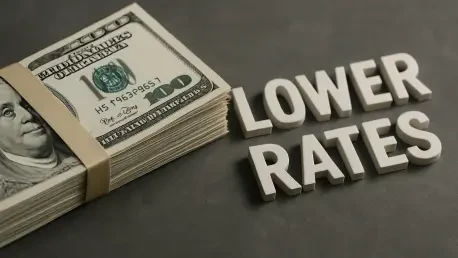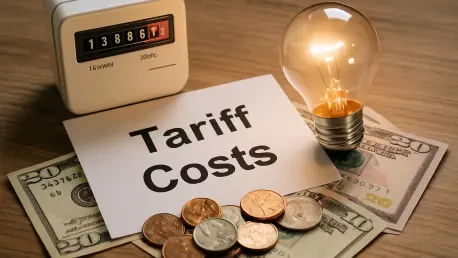
Global financial markets recently braced for a seismic shift in trade policy, yet the actual implementation of new American trade barriers sparked an unexpected rally across major European indices. While the specter of protectionism had loomed large over the Eurozone for months, the formal

The ability of European corporations to generate record-breaking profits while navigating a landscape of 10% universal tariffs is currently redefining the traditional relationship between geopolitics and equity performance. As the global trade environment becomes increasingly fragmented, investors

Navigating the Sudden Shift in the Fixed-Income Market The sudden inversion of traditional economic expectations has left many observers questioning why government borrowing costs are tumbling even as trade barriers reach new heights. As of mid-February 2026, the global landscape is grappling with

A recent dip in mortgage interest rates, which typically signals a heating up of the housing market, has instead revealed a stark and telling divide among American consumers. While the lure of lower monthly payments has sent a wave of current homeowners rushing to refinance their existing loans,

A Clash of Economic Narratives In a sharp and unusually public rebuke, the White House has launched a blistering attack on a recent study from the New York Federal Reserve that calculated the financial impact of U.S. tariffs. The confrontation brings into focus a fundamental disagreement over a

In the tense geopolitical theater of the Middle East, the simultaneous movement of diplomats toward negotiation tables and warships toward strategic positions presents a perilous high-wire act for global stability. With the global economy holding its breath and the specter of conflict looming, the